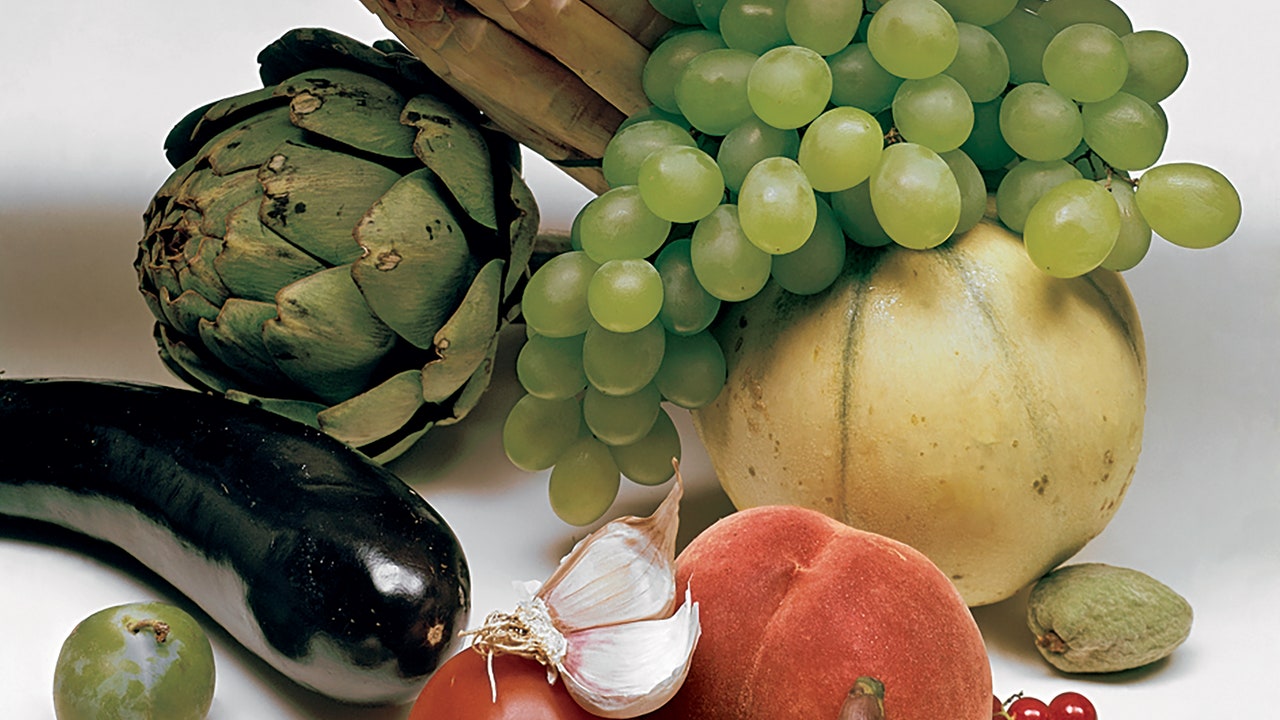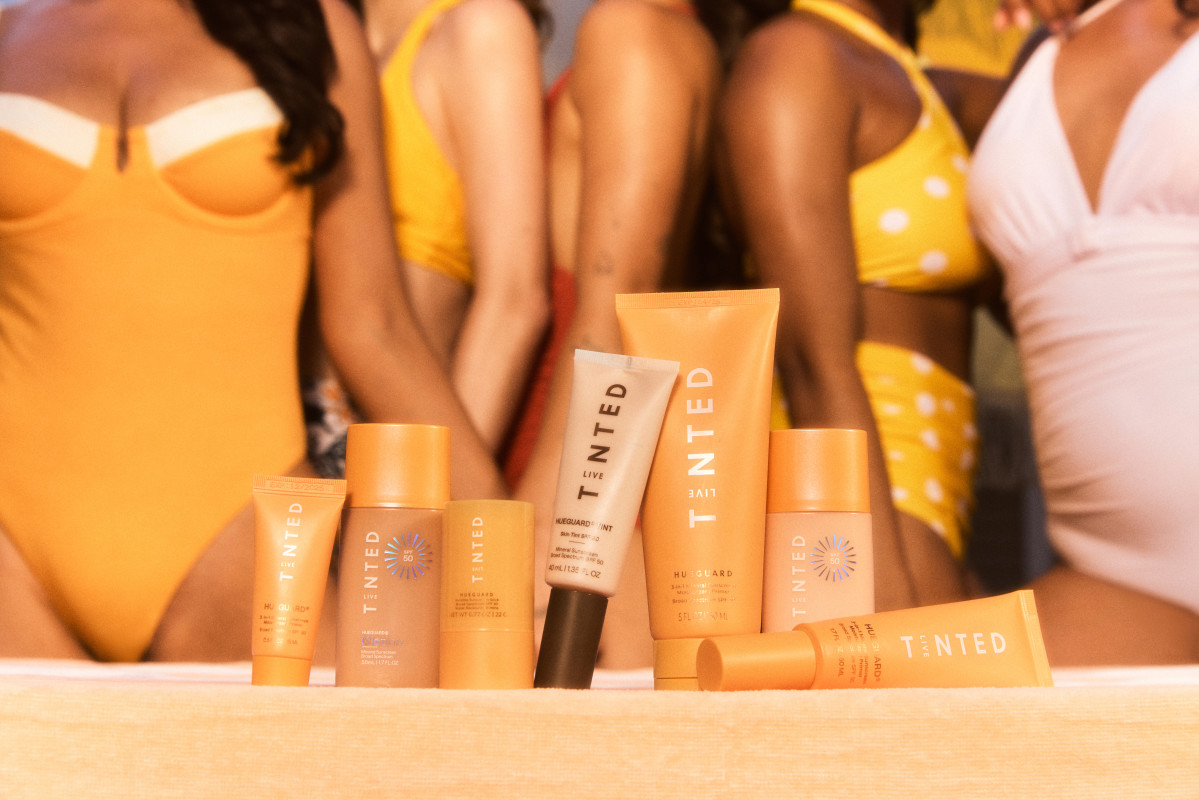
When dealing with gut issues, one of the best food categories you can turn to are prebiotic foods. Prebiotics, as Elizabeth Sharp, MD, IFMCP, board-certified physician and founder of Health Meets Wellness, explains, are the nondigestible components of food that feed the beneficial bacteria (a.k.a. probiotics) in your gut. They are a type of dietary fiber, adds registered dietitian nutritionist Lauren Manaker, RD, that pass through the digestive system to help nourish the microbiome and promote a healthy gut flora.
Dr. Sharp says that, to get the most benefits, you should eat a variety of prebiotic foods on a consistent basis. The best ones you can add to your diet include:
Garlic
Manaker says that one serving of garlic (which equals three cloves) contains about 2.1 grams of prebiotic fiber. “It supports heart health by helping to lower blood pressure and cholesterol levels,” she adds. “Additionally, garlic enhances immunity and offers antioxidant benefits.”
Chicory Root
One raw chicory root contains around 4.1 grams of prebiotic fiber per serving and a total fiber content of 4.7 grams. Manaker says that it is an excellent coffee alternative and aids in digestion.
Onions
Onions can be added to so many dishes for added flavor. Dr. Sharp says that half a cup of raw onion alone contains about 1.2 grams of prebiotic fiber.
Mushrooms
Many types of mushrooms are a great source of prebiotic fibers. Manaker points to shiitake, oyster, and maitake mushrooms as prime examples; they contain prebiotic fibers such as beta-glucans, which support the immune system, may help lower cholesterol, and maintain balanced blood sugar levels.
Bananas
One medium-sized banana contains 0.7 grams of prebiotic fiber and 3 grams of total fiber. Manaker recommends eating a banana when it is slightly under-ripe to reap the most prebiotic benefits. “At this stage, they contain more resistant starch, which acts as a potent prebiotic,” she says.
Walnuts
Walnuts make for a healthy (and delicious) snack and a great source of prebiotic fiber. A quarter cup will provide 0.5 grams of prebiotic fiber. As an added bonus, Manaker says that walnuts have been linked to the production of the compounds from probiotics called postbiotics, which also support our gut health.
Leeks
An example of cooked prebiotics you can turn to for your next meal, half a cup of cooked leeks contains 1.7 grams of prebiotic fiber and two grams of total fiber. Manaker says it adds a mild, onion-like taste to soups and stews, if you’re looking to add more flavor to your meals.
Chickpeas
Manaker says that garbanzo beans (aka chickpeas) are a nutritional powerhouse and are packed with protein, vitamins, and minerals. She adds that one cup of cooked chickpeas contains 2.1 grams of prebiotic fiber and 12.5 grams of total fiber.
Jerusalem Artichoke
A favorite of Dr. Sharp’s, Jerusalem artichoke contains 2.4 grams of prebiotic fiber. Manaker adds that it is rich in inulin, which is a type of prebiotic fiber that nourishes the good bacteria, supporting your gut health. With its slightly nutty but sweet flavor, she says you can eat it this raw, roasted, or added to salads and side dishes.
Artichoke Hearts
Artichoke hearts also make for a great source of prebiotic fiber. Manaker says that one cup of cooked artichoke contains 5 grams of prebiotic fiber. It’s also rich in antioxidants, vitamins C and K, magnesium, potassium, and other essential minerals.
Flaxseeds
Flaxseeds come with loads of benefits, such as lowering cholesterol and managing your weight, but they’re also known for helping with gut issues. Dr. Sharp says that a tablespoon of flaxseeds contains about 0.6 grams of prebiotic fiber, which feeds the beneficial gut bacteria.
The Benefits of Prebiotic Foods
Both experts agree that there are many benefits to eating prebiotic foods. The top reasons include:
- Improved digestion
- Improved gastrointestinal (GI) symptoms such as constipation, bloating, and cravings
- Better nutrient absorption (especially of essential minerals like calcium and magnesium)
- Strengthening of the immune system
- Reduced inflammation
- Improved mental health
- Strengthen skin’s natural barrier and boost radiance
#Prebiotic #Foods #Dietitians






